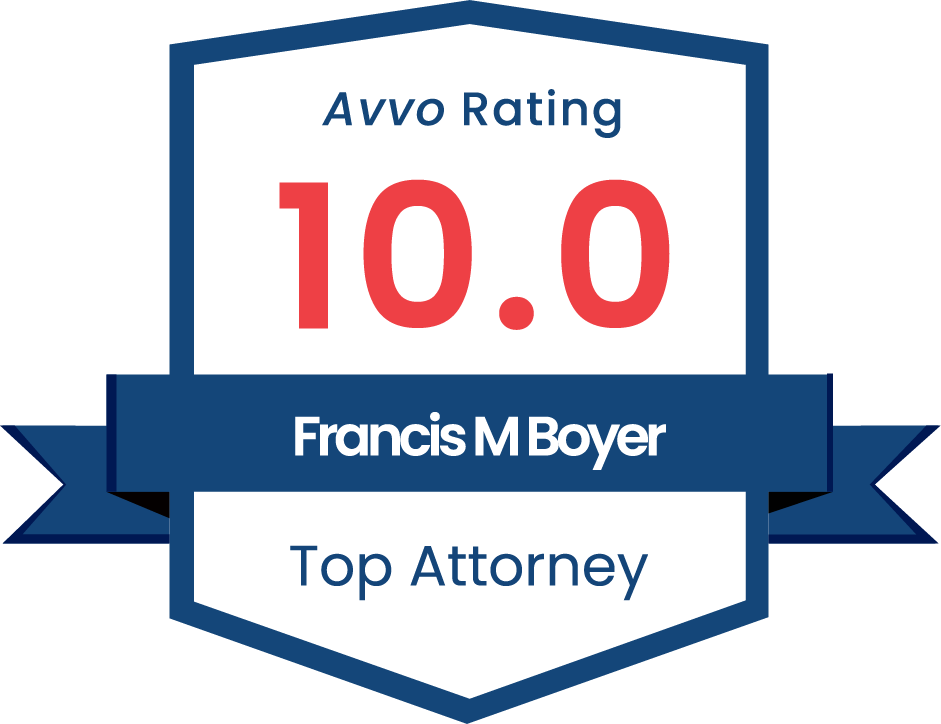When a family has just suffered the loss of a loved one it is faced with hard decisions when it is most difficult to make them. Hiring an experienced Florida Probate Attorney is required in most cases, but also a very important step to get the help you need. Choosing Boyer Law Firm to assist you in settling the estate’s affairs will add clarity, efficiency and peace of mind to the guiding the settlement of your loved one’s estate through Florida formal administration, summary administration, or ancillary administration proceedings. Our skilled attorneys can assist surviving spouses, beneficiaries, and personal representatives navigate the intricacies of formal administration, summary administration, and ancillary administration probate procedures. Boyer Law Firm works with the family to demystify Florida’s sometimes difficult probate procedures, laws and rules. Only through aggressive representation and compassionate care will your family ease the tension in this difficult situation.






